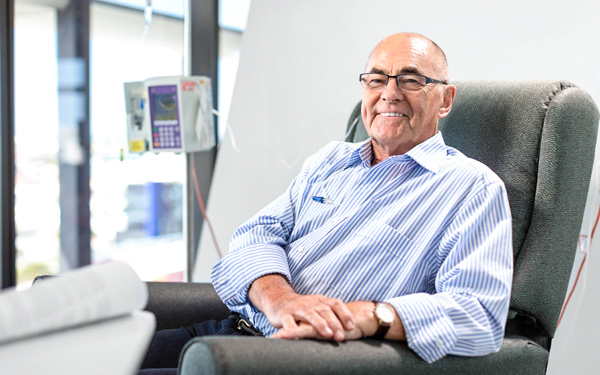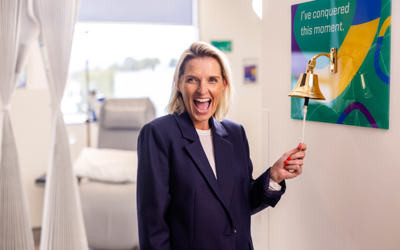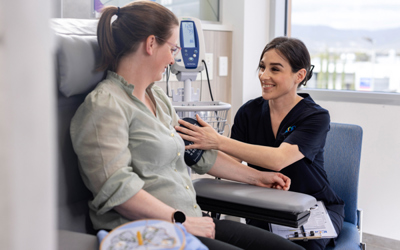Dr Marcel Knesl
MBChB, FRANZCR, GAICD
Radiation Oncologist
———
Prostate Cancer is a complex disease and choosing the right treatment can be challenging. As a patient, you deserve to understand your options. There are many types of treatment for prostate cancer and ways they can affect your sexual health.
I’m Dr. Marcel Knesl, Icon Director of Radiation Oncology, and I’m here to guide you through a decision-making process.
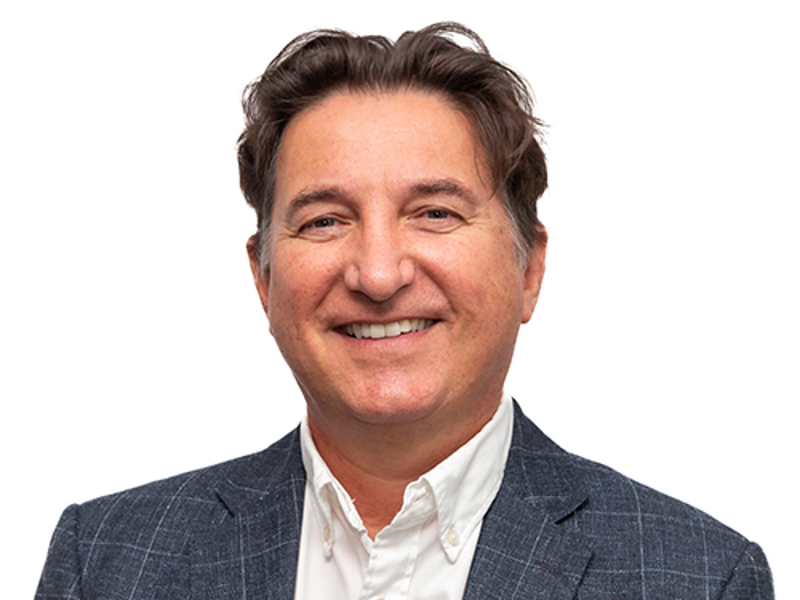
If you have prostate cancer, one solution doesn’t suit everyone. Each patient’s situation is unique and treatment is tailored to suit the person. There are several effective treatments including surgery, radiation therapy and hormone therapy. While these treatments can save lives, they can come with side effects. Two common concerns are urinary incontinence and reduced sexual function. Looking at the benefits and risks will help you select the best treatment for you.
Download your free prostate cancer guide
Be informed, feel empowered. Our free guide will help you make decisions about your, or your loved ones', care.
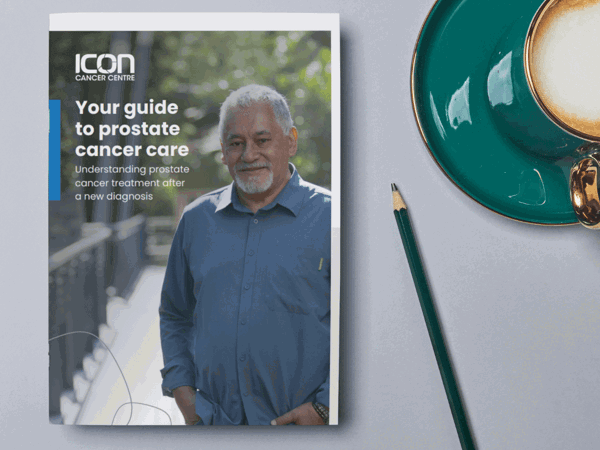
Option one: Surgery
What is it?
This is the main treatment for prostate cancer that has not spread beyond the prostate. A procedure called a radical prostatectomy is completed by either Open, Laparoscopic or Robotic-assisted surgery.
Common Concerns
Immediate intervention: Surgery involves removing the prostate gland. It is extremely hard to preserve the nerves controlling sexual function so this procedure can disrupt the nerves.
Incontinence: After surgery you can have urinary incontinence that can last for a couple of weeks to up to a year
Impotence risk: Around 50-60% of patients experience impotence or reduced sexual function after surgery.
Recovery: After surgery, every patient faces impotence. However, about 40% of patients regain sexual function within 6-12 months. It should be noted that some people may need more support through medications and or injections.
Option two: Radiation
What is it?
This treatment can be used in men with early prostate cancer that has not spread. Radiation is also used in combination with other treatments or if the cancer has returned.
Common Concerns
Nerve preservation: Unlike surgery, radiation therapy does not damage the nerves around the prostate. It is a slower process given over several weeks of treatment. Usually, your sexual health is maintained.
Long-term outlook: If you are sexually active when treatment beings, you should continue to be. Sexual function may reduce over the years with age.
The support you need in making the right decision
When making your decision, consult a urologist and a radiation oncologist. Their combined expertise will give you a good evaluation. When both specialists agree on a treatment, you’ll know it’s right for you.
You are not alone in this journey. Reach out to your healthcare team, ask questions about the impact on your sexual health. Together, we’ll look at the options and find the best treatment for you and your cancer.
Some helpful questions to ask your healthcare team
When might these changes occur and how long might these problems last? Will they last forever?
How can I prevent, treat or manage these problems?
What do I need to do during treatment? Do I need to use a condom to protect my partner? Do I need to use other contraception?
If I want to have kids after the treatment what are my options?
Is there a support group you suggest?
The content on the Icon Cancer Centre website is for informational purposes only and should not be considered medical advice. It is not a substitute for consultation with a qualified medical practitioner. For personalised medical guidance, please consult with your GP or another qualified healthcare provider.


